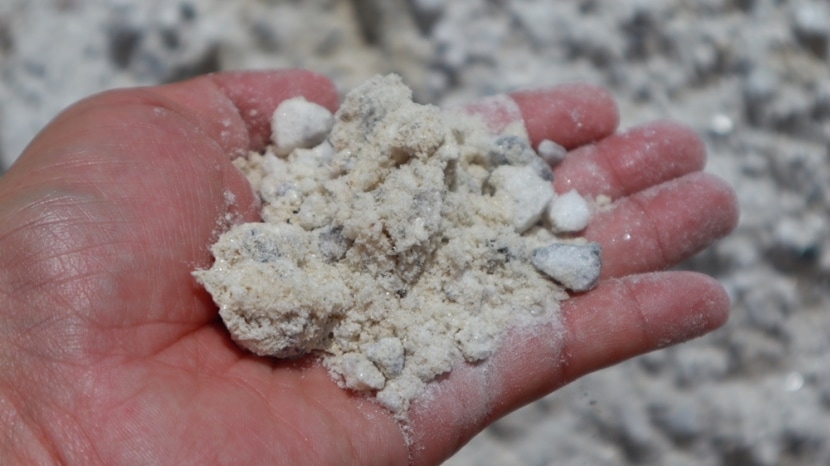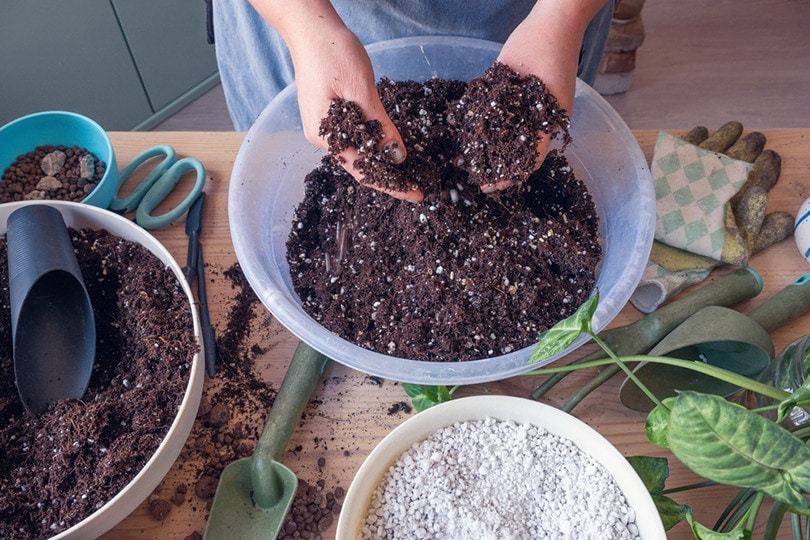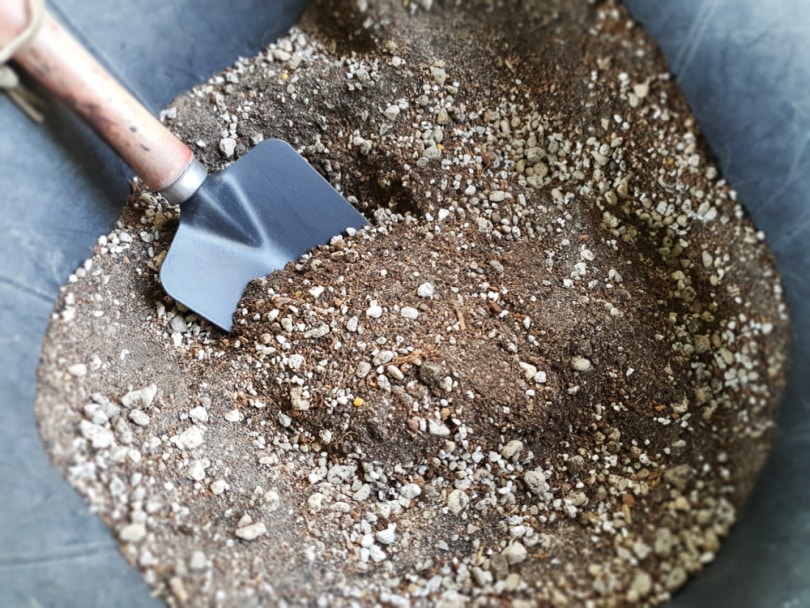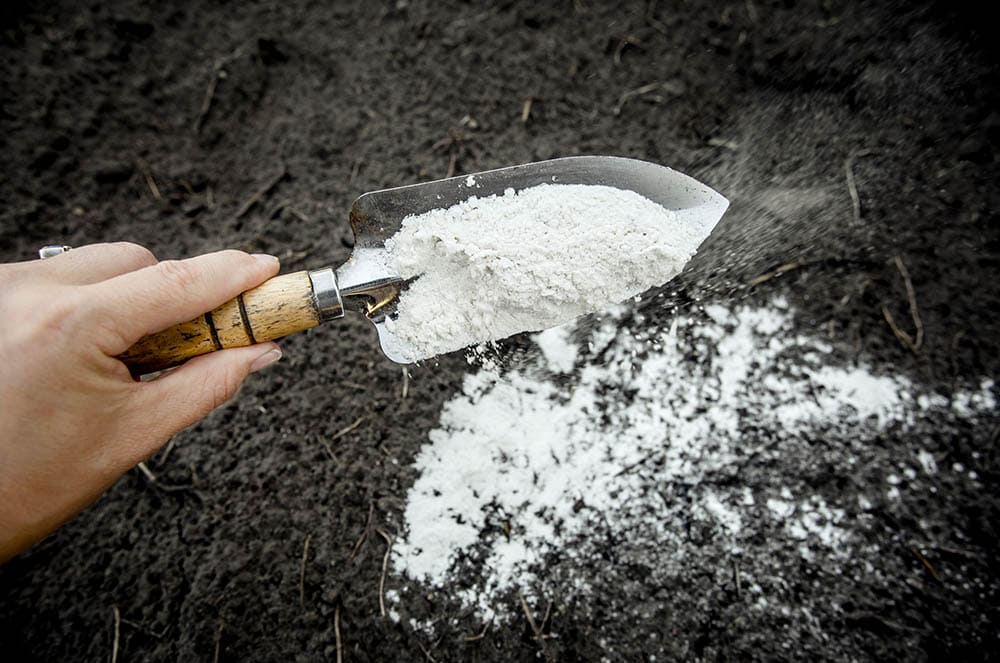Should I Add Gypsum to My Soil? Pros, Cons, & FAQ
-
Codee Chessher
- Last updated:

Some of the most useful things you can look into as a gardener are amendments to improve your soil to help plants thrive. Calcium sulfate, also called gypsum, is a mineral used to improve clay soils prone to erosion and poor drainage. It has a whole laundry list of other benefits, too, which makes it recommended for a range of gardening woes. To use gypsum, mix a kilo or 2.2 pounds of gypsum powder into 10 square feet of soil.

What Does Gypsum Do?
Adding gypsum changes the structure of the soil and lets the soil absorb more water, which reduces the amount of water that becomes runoff. Needless to say, this is a godsend for thick clay soils that refuse to drain.
Gypsum has been used for hundreds of years, ever since farmers began to realize its benefits. Among them, Benjamin Franklin was known to have used gypsum in his fields.
There are numerous other benefits of using gypsum in your yard or garden. Let’s check out a few of those benefits below.

- Provides valuable sulfur and calcium
- Travels further in roots than lime
- Prevents salinity from over-irrigated soil
- Helps fix the soil with high levels of sodium
- Prevents soil crusting
- Breaks up compacted soil
- Increases the pH of acidic soils
- Decreases clay soil ‘swelling’
- Removes excess boron levels from the soil
- Nullifies magnesium toxicity
- Effects enhanced when combined with lime
- Helps reduce water waste
- Prevents and reduces dust erosion
Overall, gypsum has a huge array of benefits that make it hard to argue against using it. In most clay soils, adding gypsum can instantly yield beneficial and noticeable effects on your plants with no detrimental side effects.
When Should I Not Use Gypsum?
Adding gypsum generally doesn’t have any ill effects and it can improve even non-clay soils by improving drainage and reducing excessive aluminum or sodium levels. Adding too much gypsum can have ill effects on your plants by displacing valuable nutrients and minerals your plants need to flourish. Too much gypsum will also wash away manganese, aluminum, and iron from your soil, potentially contaminating the surrounding soil.

When you add gypsum, be sure to not exceed 2.2 pounds or 1 kilogram of gypsum per 10-square-foot area. For very salty soils, you can add as much as half a pound to every square foot, but this increases the chances of nutrient displacement. Be sure to supplement gypsum with a well-balanced fertilizer to replace any nutrients you might be displacing.
Adding gypsum under certain circumstances can prove dangerous or even fatal for your plants, so you should be certain that your soil needs it. Below, we’ve compiled a list of situations where you should not use gypsum at all.
- If your soil’s pH is 5.0 or lower
- You have sandy, calcium-rich soil
- You have loamy, well-draining soil already
- Calcium levels in your soil are at 75% or higher
Typically, you want to reserve gypsum for heavy clay soils and coastal soils that accumulate a lot of sodium. Gypsum shouldn’t be used if your soil fits the above criteria, or if you have another good reason to suspect it would harm your plants.
Is Gypsum the Same as Lime?
No. Gypsum is calcium sulfate, while lime is calcium carbonate. Both add calcium to the soil, but lime is generally used to control acidic soils by raising the pH level. Gypsum penetrates roots and provides more immediate benefits, while lime is more of a quick fix to remedy acidic soil. If you have acidic soil you need to balance out, add lime. Gypsum will improve water retention and promote drainage, but it doesn’t do much to change soil pH.


Conclusion
Gypsum is one of the best supplements for compacted, clay-heavy soils where plants may struggle to grow. In moderate amounts, it can improve soil structure, add nutrients, and boost water efficiency. However, gypsum shouldn’t be used if your soil is already calcium-rich or very acidic.
Featured Image Credit: Witt cameraman, Shutterstock
Contents